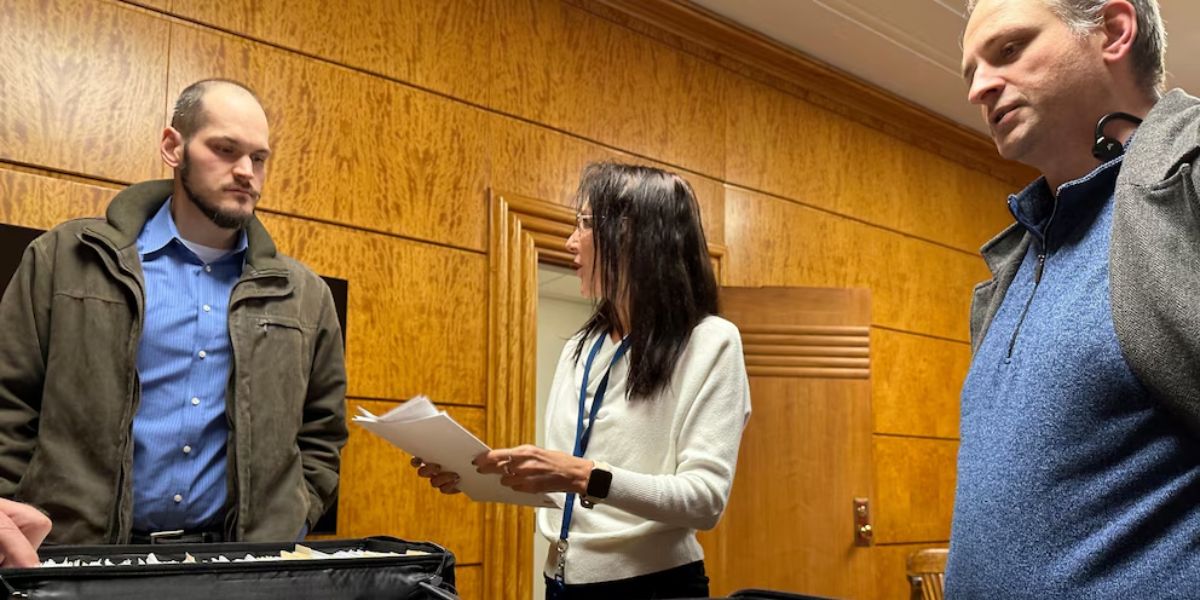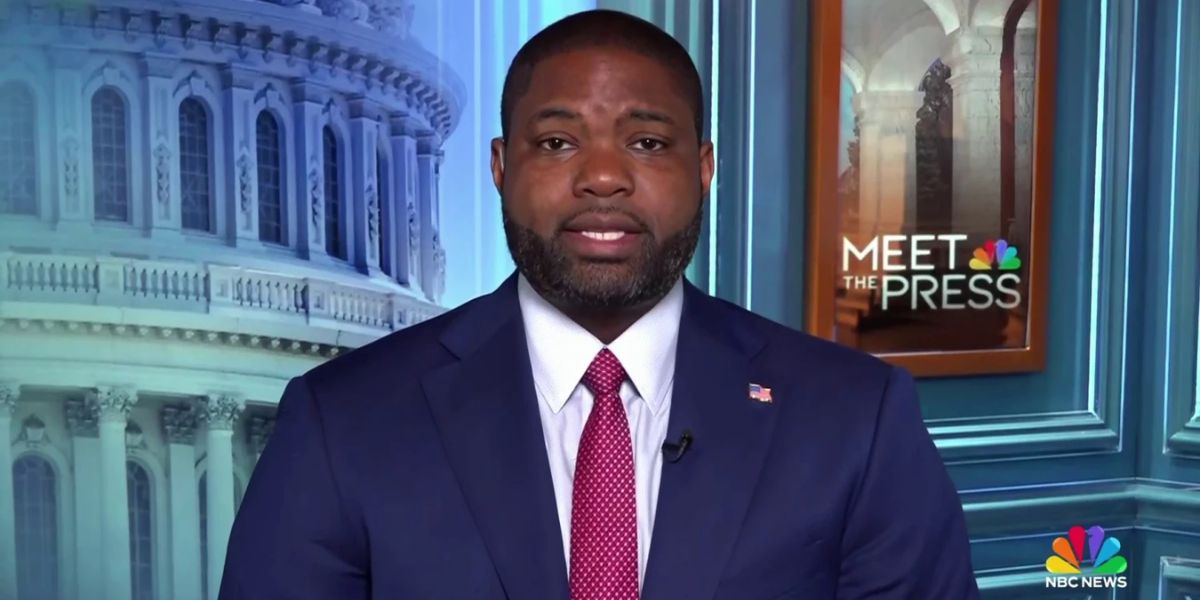People in their late 70s or older can no longer run for Congress in North Dakota, according to a ballot measure approved by voters overwhelmingly Tuesday. Legal scholars said the law could remain in effect indefinitely because no elderly candidate would challenge the restriction, which they believe is likely unconstitutional.
These analysts see the constitutional proposal as an attempt to reconsider a nearly 30-year-old Supreme Court decision against congressional term limits, which might serve as a test case for the country. The initiative prohibits anyone from running or serving in the United States House or Senate if they turn 81 years old during their tenure.
The high-profile initiative comes at a time when the ages of elderly officeholders have dominated the presidential campaign between Joe Biden and Donald Trump. Lawmakers like as Sen. Dianne Feinstein, who died last year, and Senate Minority Leader Mitch McConnell have drawn attention to the problem due to their ages and health concerns.
For the time being, the age limit will remain in place unless challenged, according to David Schultz, a political science professor at Hamline University and a law professor at the University of Minnesota who specializes in election and constitutional law. He stated that the most important aspect of any challenge is determining who has standing to pursue a claim.
“This is like really the picky stuff of a law professor now, of the ‘who gets to get into the courthouse door?'” Schultz stated.
He believes the initiative is unlawful given the 1995 term limits ruling, which stated that states cannot impose qualifications for Congress beyond what is already in the United States Constitution.
He said a prospective challenge may come from someone who is too old to run in an election, or from a political party looking to field an older candidate. However, he stated that any party initiating a lawsuit, such as an organization representing older persons, would have to demonstrate how the age limit harms them.
The measure will take effect immediately, although election results must yet be validated. Independent candidates have until September to file signatures to run in the 2024 general election, so an age-barred candidate may conceivably emerge but be denied. The North Dakota Supreme Court would have jurisdiction over any appeals under the proposal.
Schultz believes that any case will most likely end up in federal court. He indicated that the 1995 term limits rule would most likely bind both a judge and the Court of Appeals. He said it would then be up to the United States Supreme Court to decide whether to hear it.
“I wouldn’t be surprised if a ton of money appears on both sides as it moves up the appellate chain because I’m suspecting there are interests on both sides here that would like to see the law upheld and like to see the law struck down,” Schultz stated.
A state legislative group anticipated a lawsuit and calculated that defending the age limit would cost the state $1 million.
Michael Thorning, director of the Bipartisan Policy Center’s Structural Democracy Project, says the bill is problematic in two respects. Even the initiative’s proponents appear to understand that it will most likely contravene the 1995 verdict. However, Thorning questions why backers of the legislation did not extend the age limit to state or municipal officials or presidential candidates “if they are concerned or confident about their argument.”
Thorning said it is unclear what entities outside of North Dakota or “existing constituency” would seek to challenge the age limit. Thorning stated that other issues could be raised, including older congressmembers who are among the most effective, as well as whether the state constitution would now violate the 14th Amendment’s equal protection guarantee.
Notably, conservative Justice Clarence Thomas is the only Supreme Court member who remains from the 1995 5-4 term limits decision, in which he dissented, he stated.
Jared Hendrix, who oversaw the sponsoring committees for the age restriction proposal and a successful gubernatorial and legislature term limits campaign in 2022, believes there will be a challenge, but it will depend on who has standing. Hendrix explained that the committee chose 80 as the maximum age since support at that age is tremendous.
A federal lawsuit might take years, although courts have occasionally moved quickly when it comes to ballot access or candidate credentials, such as former President Trump’s eligibility in some states under the United States Constitution’s insurrection clause, Thorning said.
U.S. Sen. Kevin Cramer, R-North Dakota, who is up for reelection, opposes the legislation. He claimed the age limit would arbitrarily limit voters’ options
“In fact, I believe that lazy democracy promotes things like term limits. The most important aspect of our system is self-governance, which is expressed in voting, choosing officials, and making your own decisions,” said Cramer, 63.
Source: apnews.com




